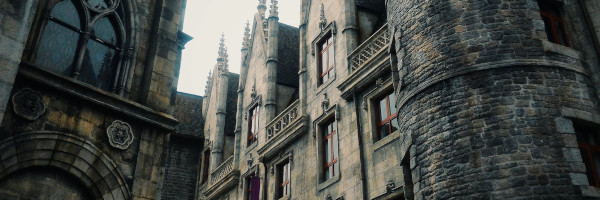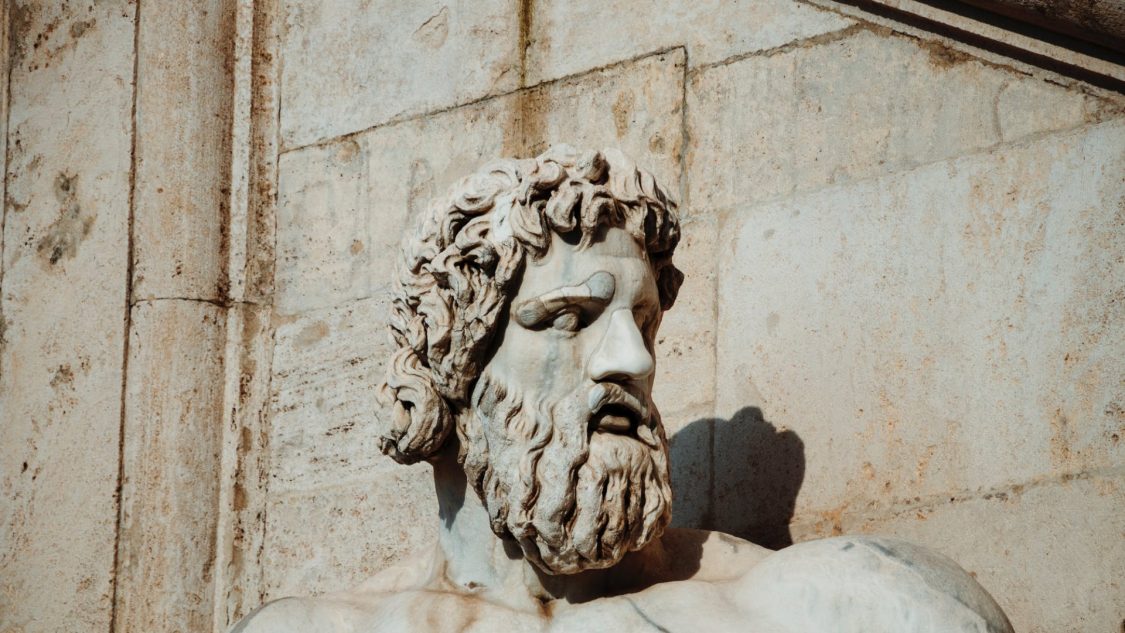Official birth, marriage, and death records started in the UK in 1837, so what happens when you’ve exhausted the first part of your family tree and want to go back even further? The good news is that there are plenty of other records out there that will help you, although it might take a bit more effort.
Parish Records

These are the records held by churches for marriages, baptisms, and deaths. Fortunately, some churches have digitised these records and have made them available online. Some family history sites have done work in this area, too, so the records may already be online depending on the geographic location you are searching. If not, you may need to visit a few churches in person to talk to them about the documents they have. It should also be noted that some churches have moved their records either to register offices run by the local authorities or to central depositories overseen by the churches.
Monument Inscriptions

If you are fascinated with graveyards, reading headstones may give you more information about your family history. Sometimes the stones contain more information than you might expect. For example, an ancestor may have been buried with other members of his family, so not just with his wife, but perhaps his parents or his wife’s parents. If the information is recorded on the stone, this might help you get past a tricky section of your research. It is also worth speaking to the local council, who may hold records of who is buried where in the area.

